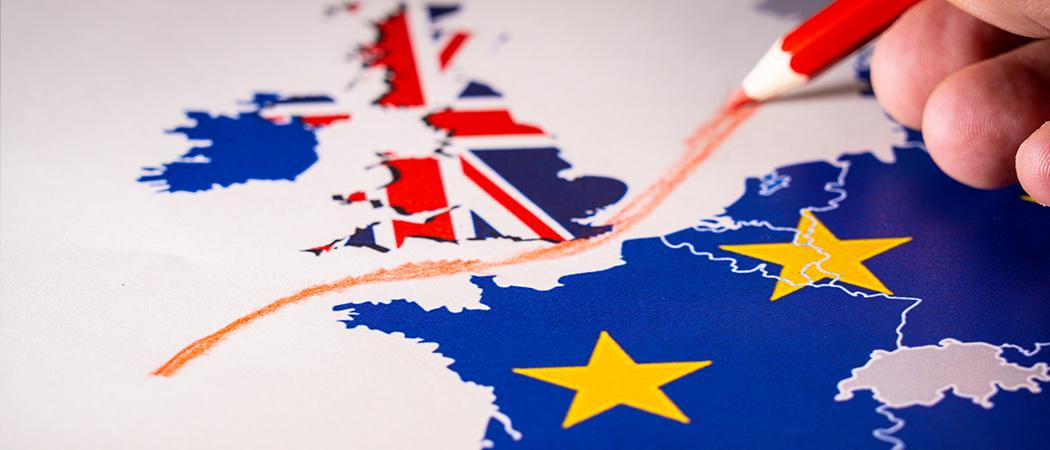With association still not signed off, funding for successful applicants will be guaranteed by the UK. But this is a ‘short-term measure’ and 2020 contingency plans that were drawn up in case of a no-deal Brexit are now being refreshed for if there is no association agreement

The UK announced a safety net to make sure Horizon Europe grant winners receive funding if association to the research programme remains on ice, and at the same time said it is dusting down contingency plans formulated in 2020 to maintain international research partnerships in case of a no-deal Brexit. These will be ready to implement if association does not go ahead.
UK-based applicants to Horizon Europe face a funding crunch point, as even if successful, they cannot receive grant money unless association is signed off.
To provide “reassurance”, the UK announced on 29 November that it would guarantee funding “for the first wave of eligible, successful applicants to Horizon Europe, but who have been unable to sign grant agreements with the EU.”
The “persistent delays” from the EU in formalising association is creating uncertainty and risks preventing valuable international collaboration in fields like climate change, said UK science minister George Freeman. “This safety net will give researchers and their partners the certainty they need to continue to pursue their project plans,” he said.
UK association to Horizon Europe was agreed as one of the terms of the post-Brexit Trade and Cooperation Agreement between the EU and the UK, but scientific cooperation has become entangled with wider disputes over the Northern Ireland Protocol, and association still hasn’t been formally signed off by the European Commission.
The UK says it “stand[s] ready” to sign on the dotted line, and association to Horizon remains its primary goal. But EU research commissioner Mariya Gabriel told Science|Business in October that association will not go ahead until “transversal” issues like the Northern Ireland Protocol have been resolved.
The impasse has already begun to leave UK participants out of pocket. UK-based partners in European Institute of Innovation and Technology projects have reported going unpaid because of the association delay.
The safety net was welcomed by UK universities and academics, with the Russell Group of universities saying it is an “important contingency measure to mitigate the effects of prolonged delays to association and provide reassurance to the UK’s world-class researchers.”
The money will be paid out by the funding agency UK Research and Innovation (UKRI). Christopher Smith, International Champion at UKRI said more details on eligibility, scope and how to apply will be set out in the coming weeks. “In the meantime we encourage researchers and innovators across the UK to continue to apply to open Horizon Europe calls,” Smith said.
But the UK emphasised the safety net is a short-term measure to cover the first wave of calls until Horizon association is ratified.
Should the impasse continue, pressure may grow for the UK to ditch Horizon Europe and come up with a full replacement of its own.
Freeman told a Science|Business conference last week that if not allowed to join, the UK would instead, “Put together a programme with European, British and international researchers and try to do something that complements Horizon.” But he stressed, “that is a backstop rather than an aim.”
The announcement on Monday said contingency plans made in 2020 when there was a prospect of a no-deal Brexit are being dusted down. The government looked at the practicalities of handling such a situation and developed a detailed set of alternatives, which included continued support for international research, innovation collaboration and domestic research. “This work is being refreshed and we remain ready to implement these plans should they become necessary,” the government said.
It is unclear how long the UK will wait on Horizon before going ahead with its own programme.
In recent weeks, however, tension between Brussels and London has somewhat simmered down, although there is still no agreement over the Northern Ireland Protocol.
In mid-November Michael Gove, UK minister for Levelling Up, Housing and Communities, said he was “confident” progress could be made on the Northern Ireland issue without triggering Article 16, the clause that allows either side to unilaterally suspend parts of the existing deal if it is causing “economic, societal or environmental difficulties.”





 A unique international forum for public research organisations and companies to connect their external engagement with strategic interests around their R&D system.
A unique international forum for public research organisations and companies to connect their external engagement with strategic interests around their R&D system.